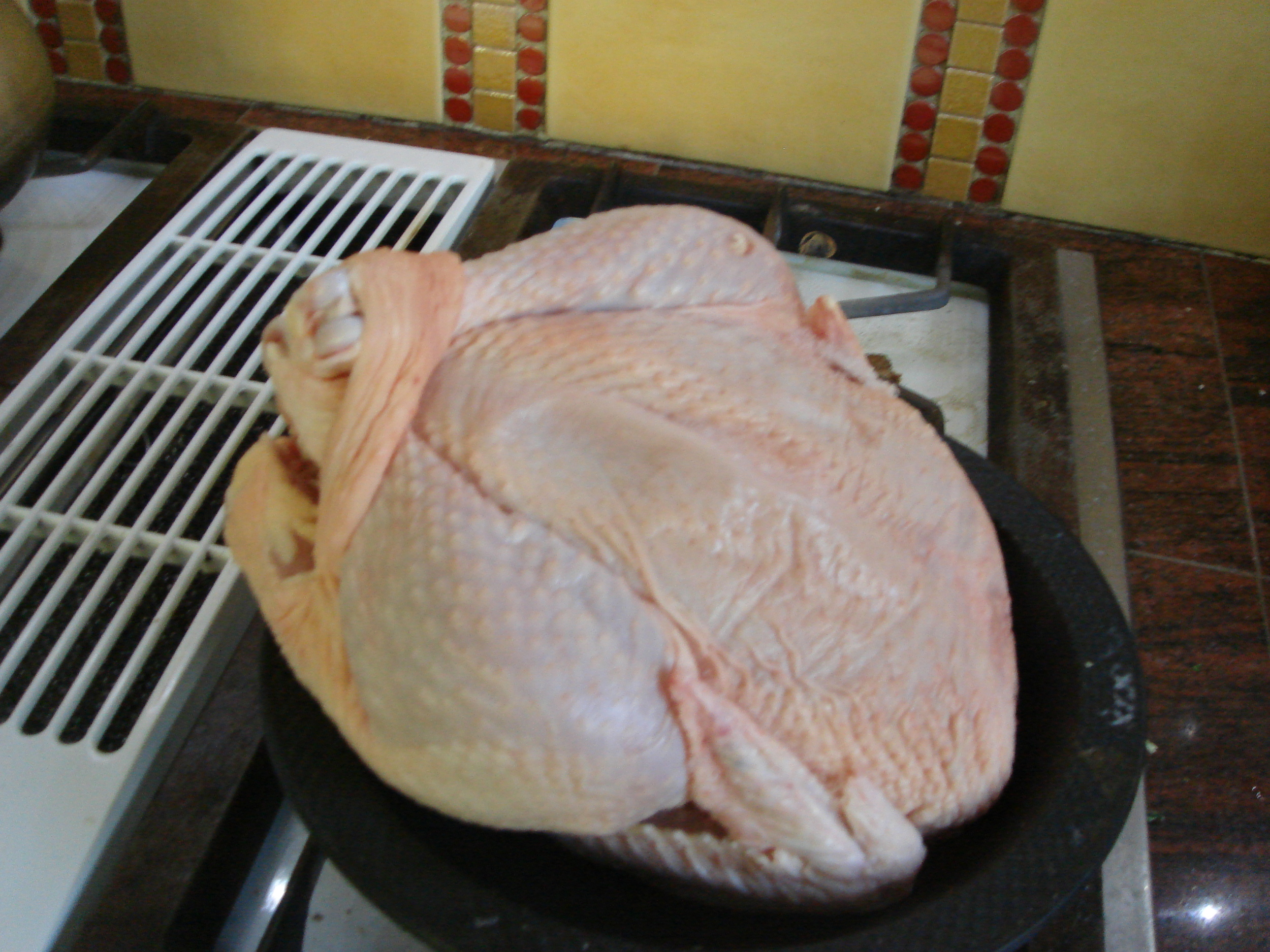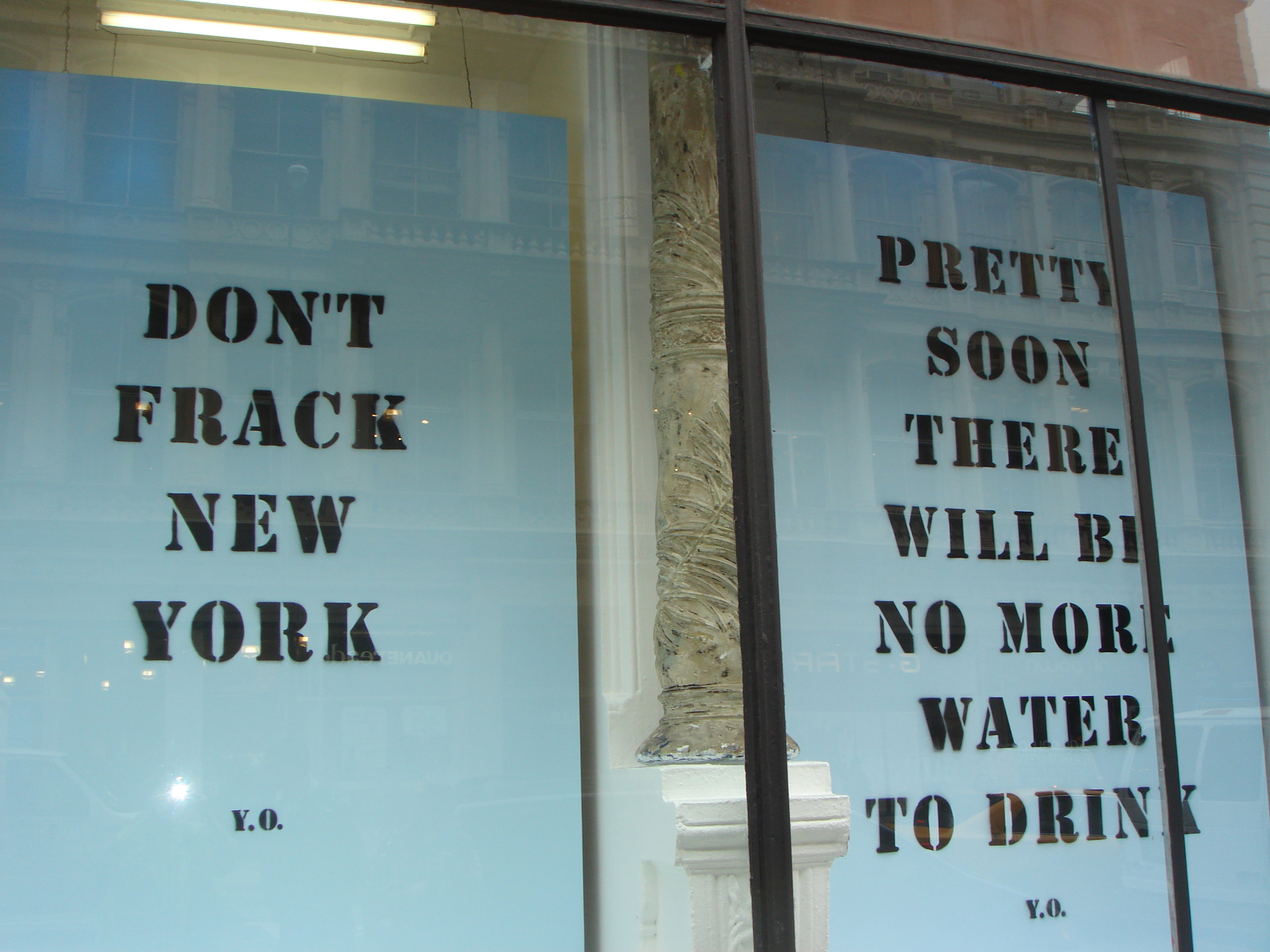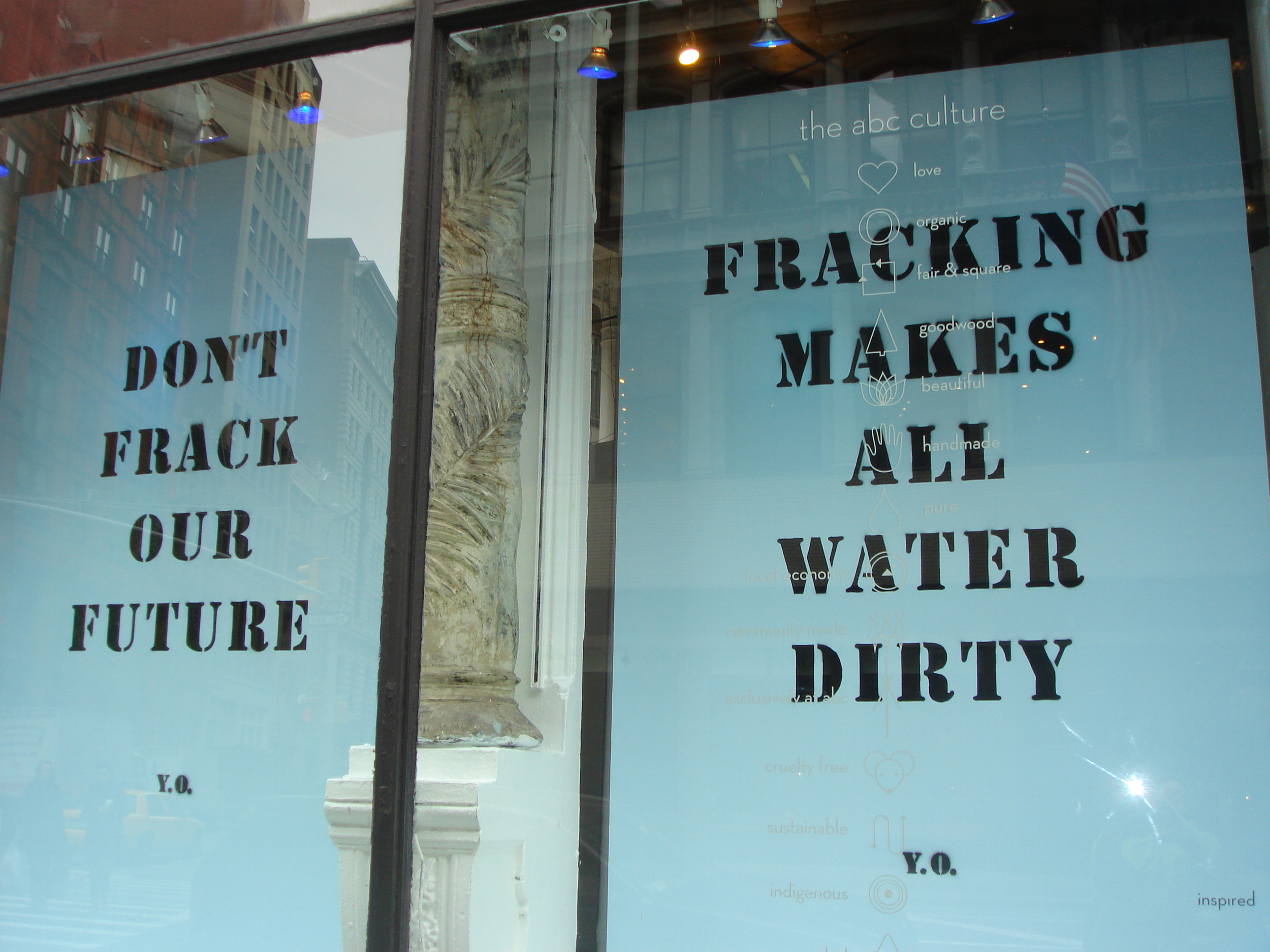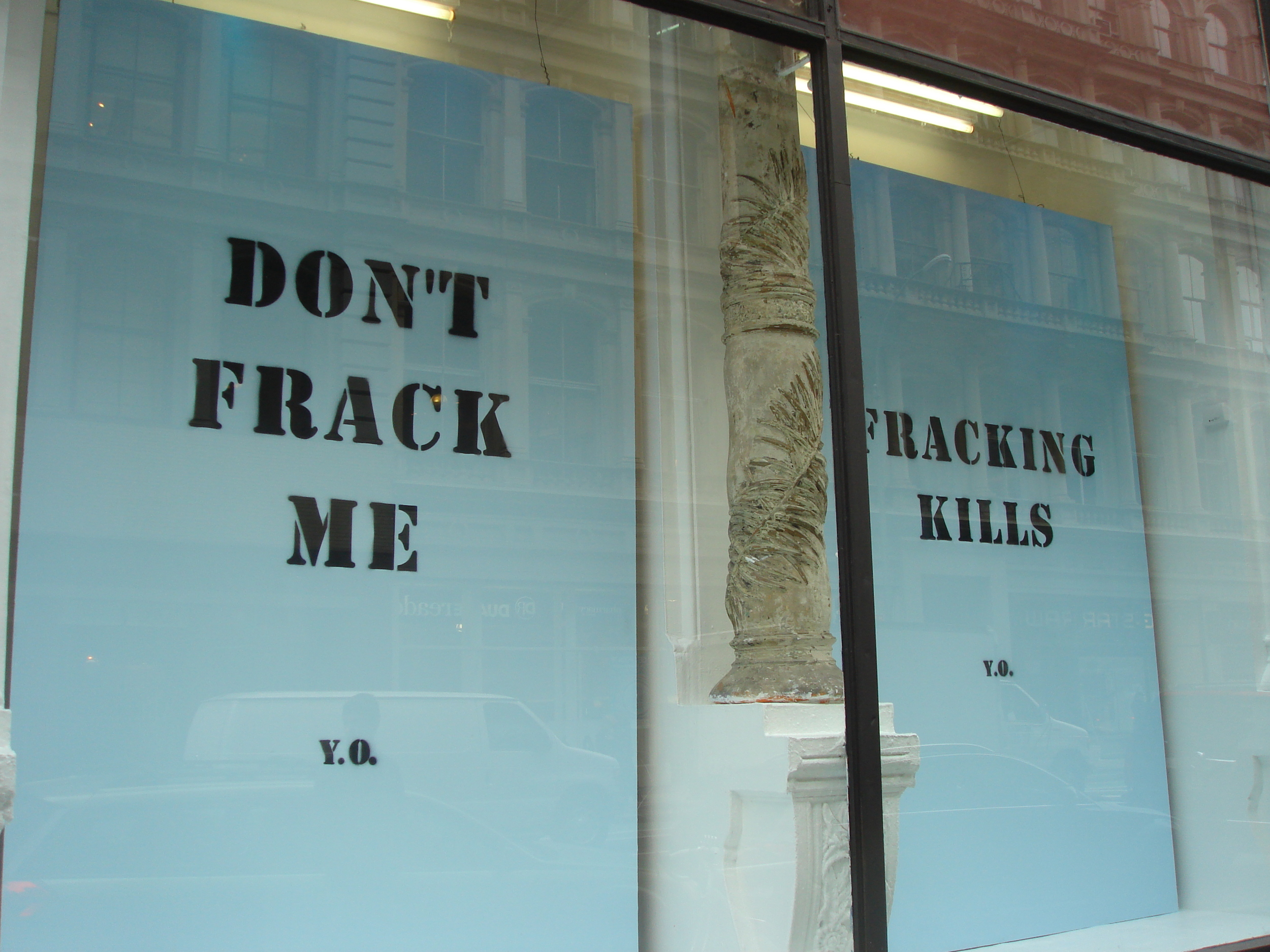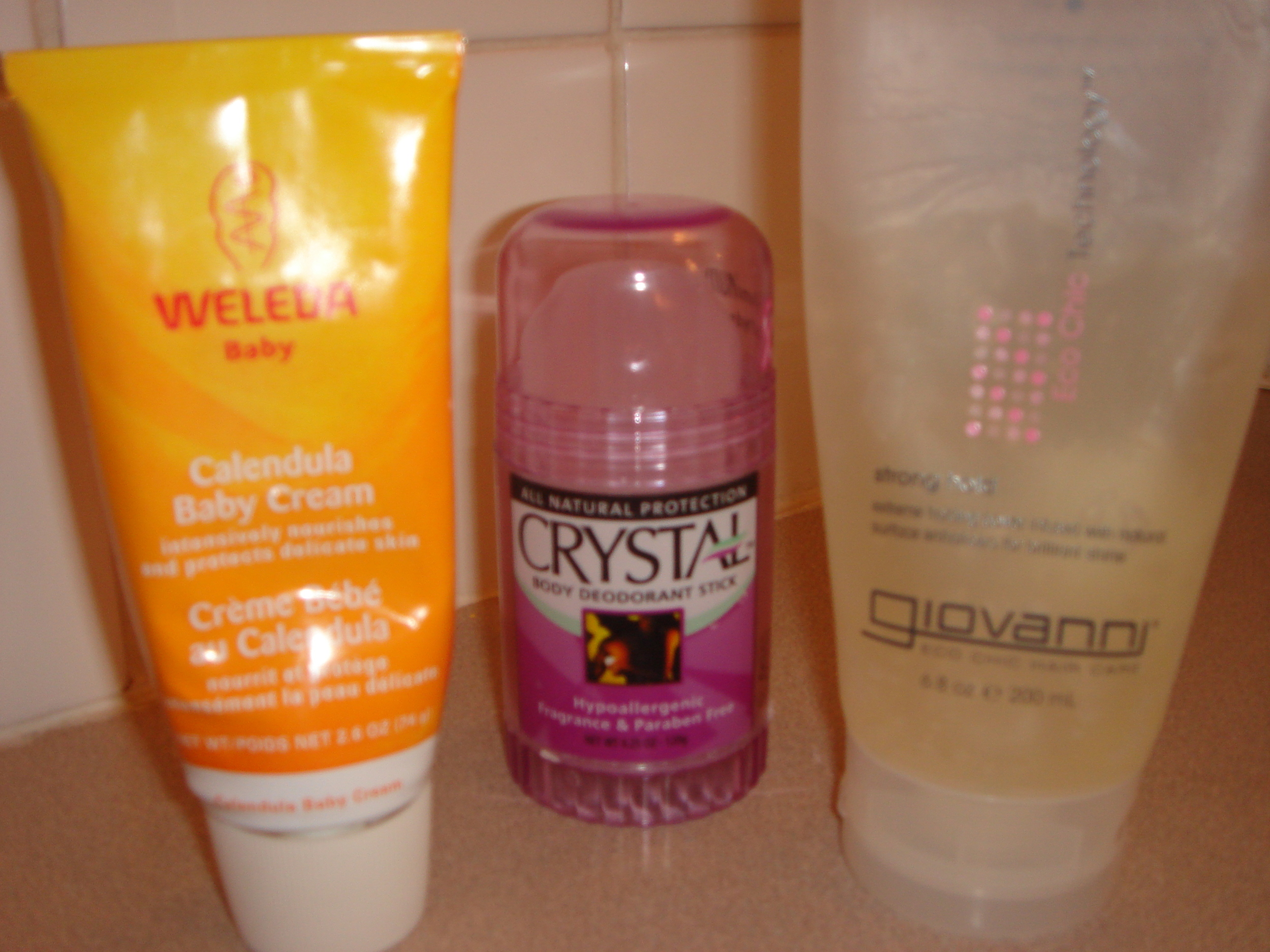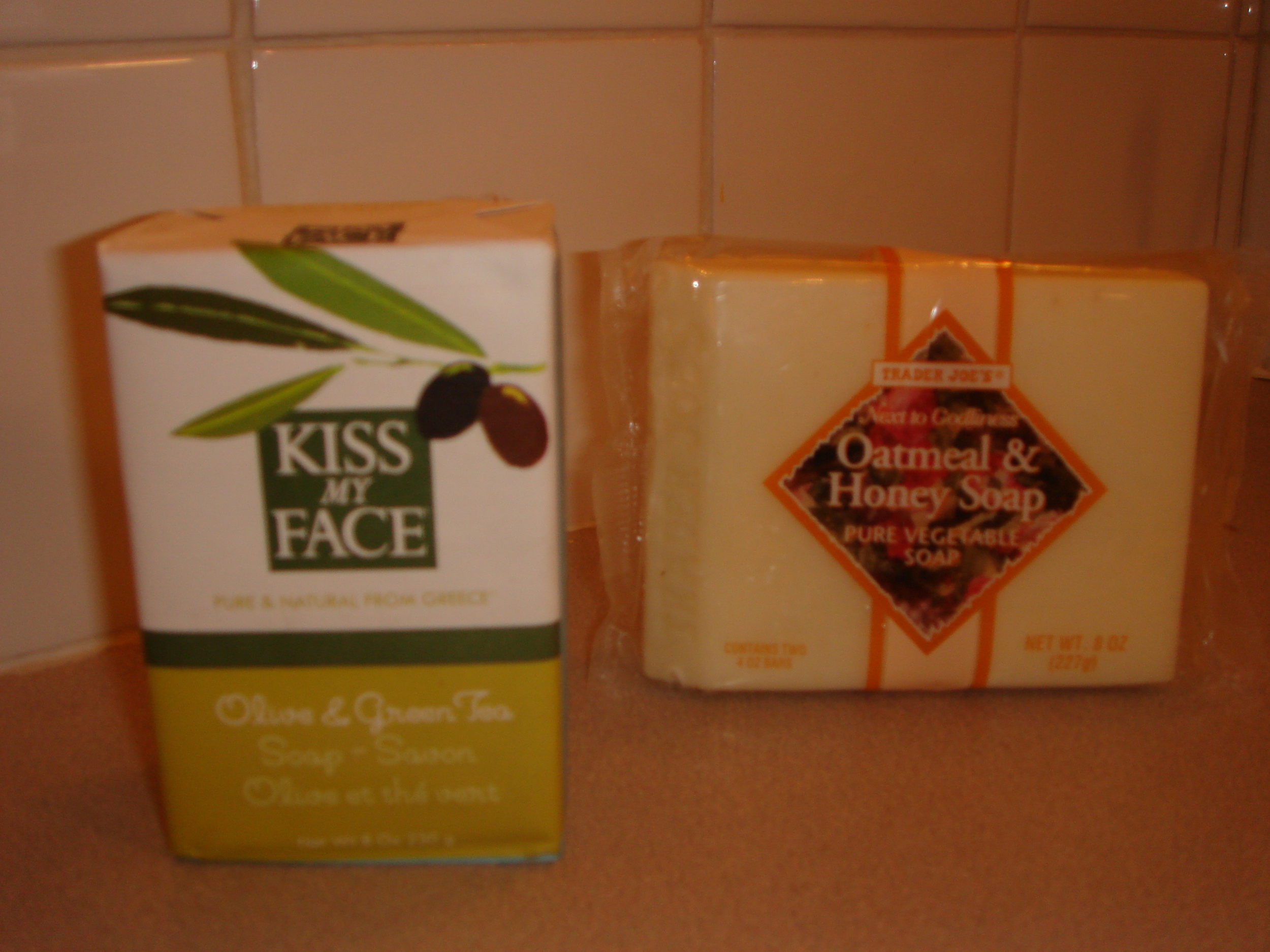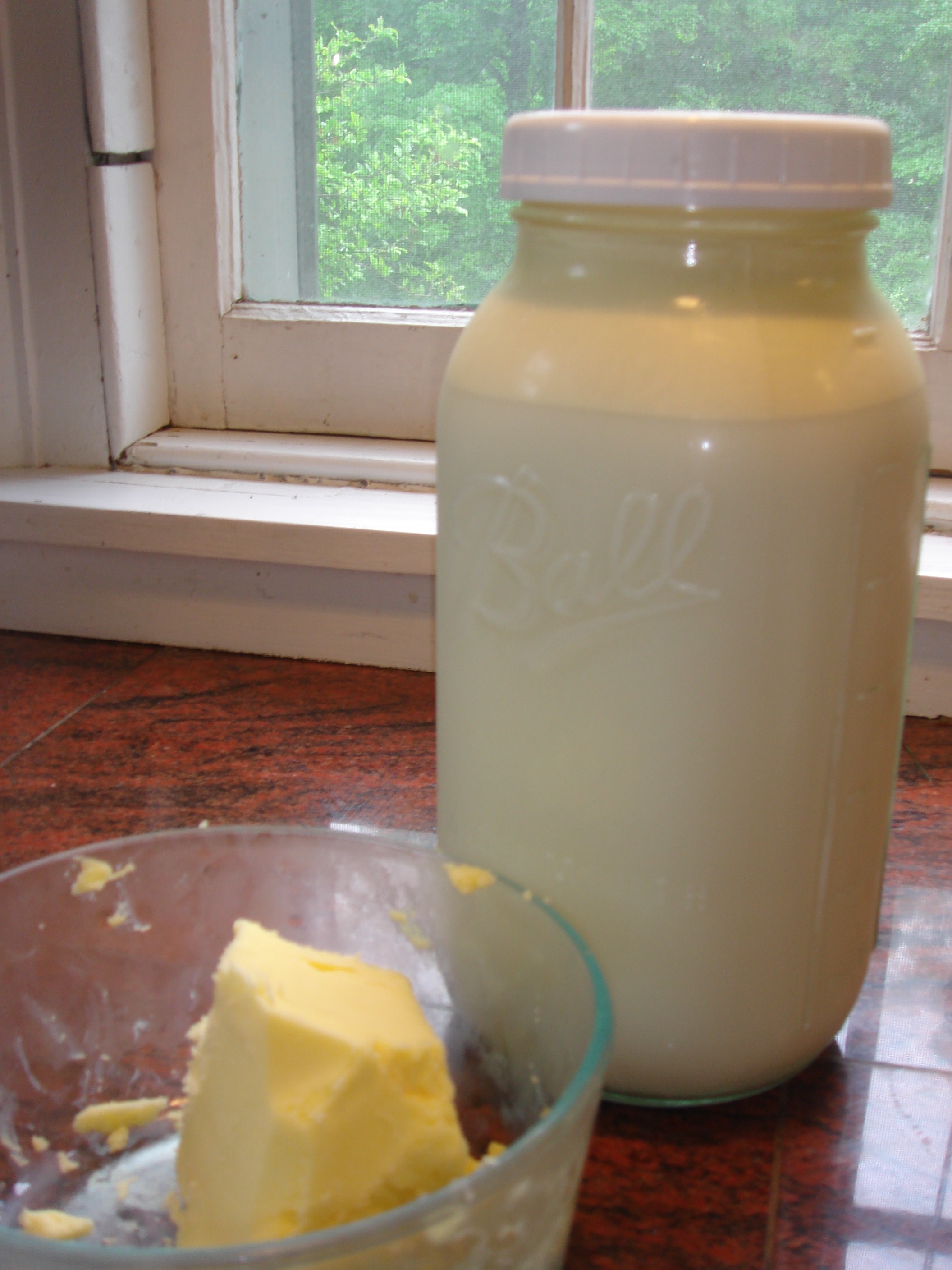 Food research of the past years has revealed that food is healthiest when we eat it the way nature made it. When food becomes a "product," meaning when it comes from a factory and they've done stuff to it, it's no longer so healthy and in many instances even harmful.
There are a lot of food myths out there that we/our culture created from the ill gotten belief that man-made stuff would surpass what nature makes because it is based on science. But the food industry pushes under the rug that it's really after the profit, not your health, and that's what they apply their science to.
Food research of the past years has revealed that food is healthiest when we eat it the way nature made it. When food becomes a "product," meaning when it comes from a factory and they've done stuff to it, it's no longer so healthy and in many instances even harmful.
There are a lot of food myths out there that we/our culture created from the ill gotten belief that man-made stuff would surpass what nature makes because it is based on science. But the food industry pushes under the rug that it's really after the profit, not your health, and that's what they apply their science to.
So here goes the fat myth:
FAT IS BAD FOR YOU - "lite products" are better for you.
Hence low fat and no fat everything, cheese, milk, yogurt. The absurd and unhealthy culminations of this misguided belief system of course are butter substitute and margarine, not much nature left in those. Hence also the French Paradox - why the northern French don't get fat on all their cream and butter and delicious camembert, and the southern French thrive on the olive oil rich Mediterranean diet. Sally Fallon, one of my nouveau food idols, has all the scientific back-up information for the skeptics in her oft cited food myth debunker and cookbook Nourishing Traditions.
I switched our whole family back to full fat everything a few years ago (I am only a few steps ahead) and we have neither gained weight nor become sick; as a matter-of-fact, we are all very healthy, love to eat, and never spare a thought on the fat question. 


